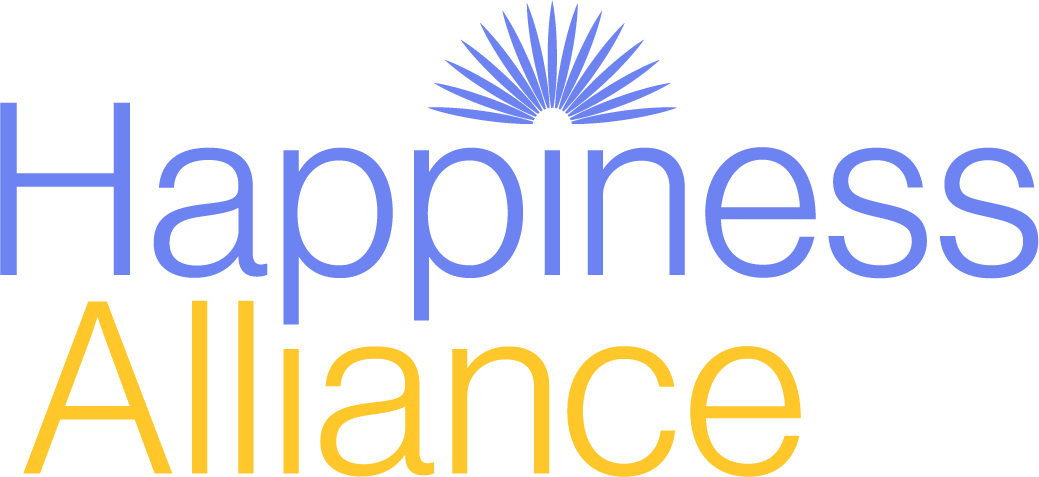Paul RogersPaul’s PhD centered on tourism, conservation and development issues in Nepal’s Sagarmatha (Mt Everest) National Park. He has over 20 years’ experience as a tourism advisor to national and local governments and tourism organisations, and has worked in more than a dozen countries in South and South-East Asia, Africa and Australia. His focus has been on the policy and planning arena – on using tourism, as one of the world’s largest and fastest growing industries that provides 1 in every 10 jobs worldwide, as a vehicle for development.
Paul’s interest in the GNH agenda began with his work as a tourism advisor to the Government of Bhutan, and really ignited through his participation in the “High Level Meeting on Happiness & Wellbeing” at the UN in April 2012, where he represented the UN World Tourism Organisation |
A fundamental goal of Planet Happiness (a tourism and BIG DATA project of the Happiness Alliance) is to position the well-being of host communities front and centre. Inspired by innovations in digital governance and democracy, my vision is to design and deliver AI systems to expand the purpose and potential of contact-tracing apps. Innovation is needed to build an OECD recognised well-being survey (the Happiness Index) into contract-tracing apps that are connected, in real-time, to multi-facing governance dashboards that enable: (1) the identification the clusters of vulnerable individuals, households and communities according to our well-being criteria (psychological health, economic crisis, and social exclusion, for example); and (2) the introduction of ‘citizen-science projects’ and the co-creation of policies and interventions to, for example:
There are currently over 7 billion people on the planet. The happiness / wellbeing / beyond GDP agenda is unlikely to mature or realize its potential until at least 1 billion people are aware of and supporting its aims. When most people in all our neighborhoods have never heard of GNH, how can such a massive audience be reached? Building on the achievements of the Happiness Movement to date, I’ll explain one strategy to achieve this.
- address the vulnerabilities of exposed, at-risk groups;
- deliver greater stakeholder alignment and confidence in regenerative tourism systems;
- avoid overtourism and enable greater equity, inclusivity and sustainability in destination management; and
- shorten stakeholder feedback loops to refine and strengthen governance systems.
- encourage tourists and potential tourists to take the Happiness Index survey and, through extended questions, develop personalised accounts profiling their travel experiences, preferences and skill-sets including, specifically, what they’re keen to contribute to the destinations they’re interested to visit;
- provide a match-making service to connect users with Planet Happiness sites and destination communities including their projects and programmes;
- provide a range of learning resources to equip travellers with the knowledge and practices they need to travel safely in a Covid-19 world; and,
- facilitate access to a range of resources to deepen their knowledge and understanding of the Happiness Movement, and build their skill sets to collectively achieve our mission.
There are currently over 7 billion people on the planet. The happiness / wellbeing / beyond GDP agenda is unlikely to mature or realize its potential until at least 1 billion people are aware of and supporting its aims. When most people in all our neighborhoods have never heard of GNH, how can such a massive audience be reached? Building on the achievements of the Happiness Movement to date, I’ll explain one strategy to achieve this.
